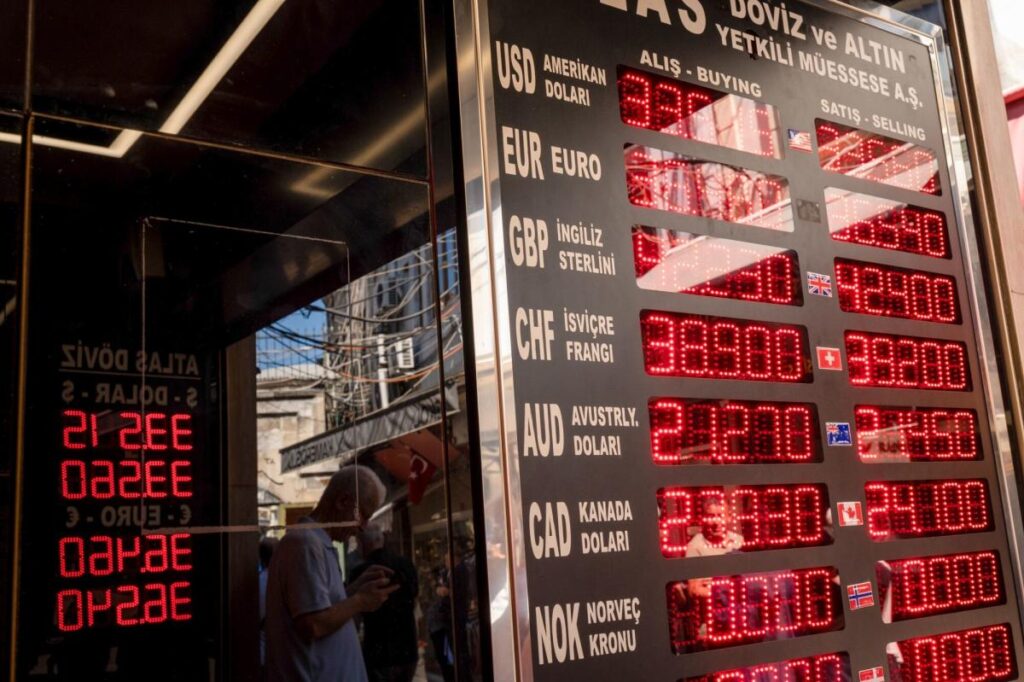(Bloomberg) — S&P Global Ratings predicts an increase in foreign-currency debt defaults among sovereign issuers over the next decade, driven by significantly higher debt levels and increased borrowing costs on hard currency obligations.
Most Read from Bloomberg
The ratings agency said the sovereigns under review on average spent almost 20% of general government revenues on interest payments in the year leading up to defaulting on foreign-currency debt. These high borrowing costs were a result of factors such as rising inflation, currency devaluation, terms-of-trade shocks, and a large portion of government debt being in foreign currency.
“Most sovereign foreign currency defaults over 2000-2023 resulted from weak institutional, fiscal, and debt composition factors,” S&P Global credit analyst Giulia Filocca wrote in a report. “A single measure that consistently and reliably predicts sovereign defaults does not exist.”
Sovereigns with high and rising net external liability positions — where the combined public and private sector debts owed to non-residents exceed the assets invested by residents abroad — are more likely to default, while net external creditors rarely face this risk, according to S&P.
Given the external imbalances, many sovereigns facing foreign currency default, such as Cyprus, Grenada, and Greece, often have gross external financing needs far greater than their current account receipts and foreign exchange reserves, S&P noted.
To view the source of this information, click here
Most Read from Bloomberg Businessweek
©2024 Bloomberg L.P.
Read the full article here

